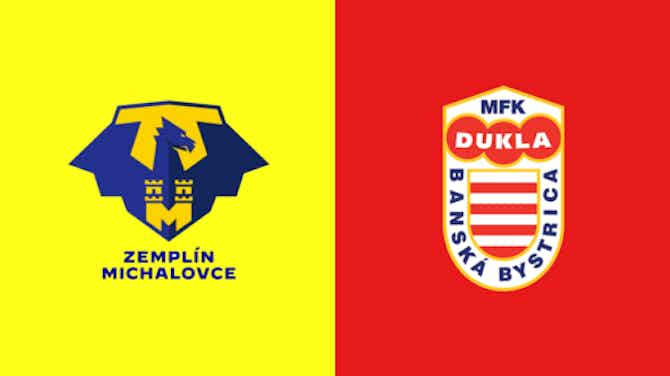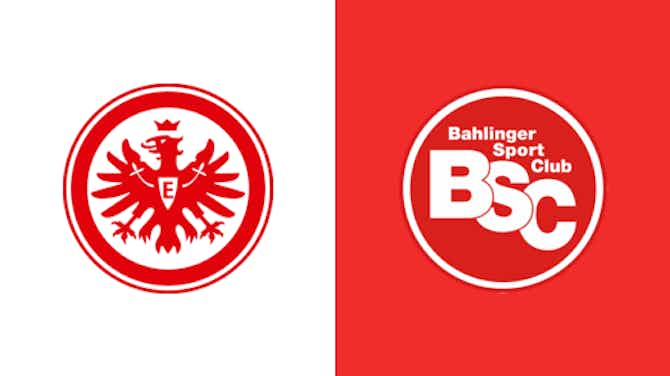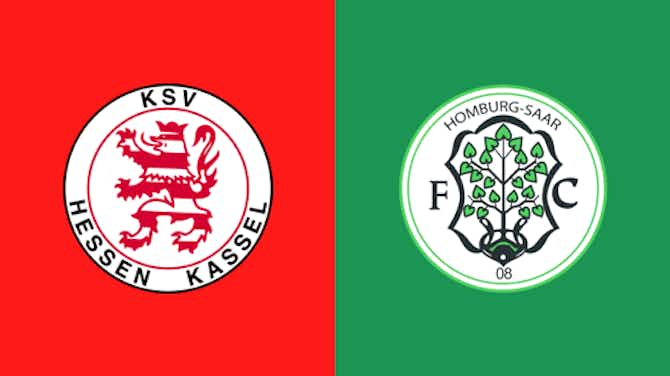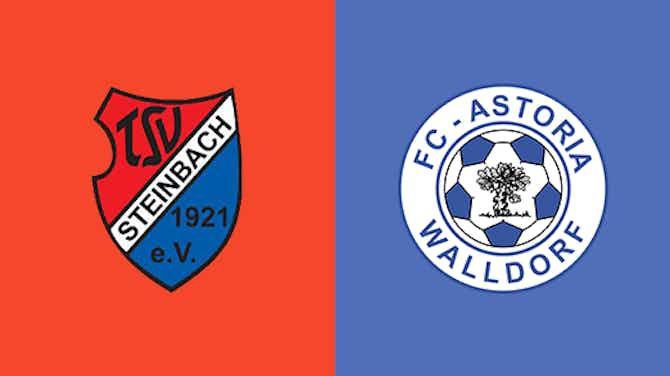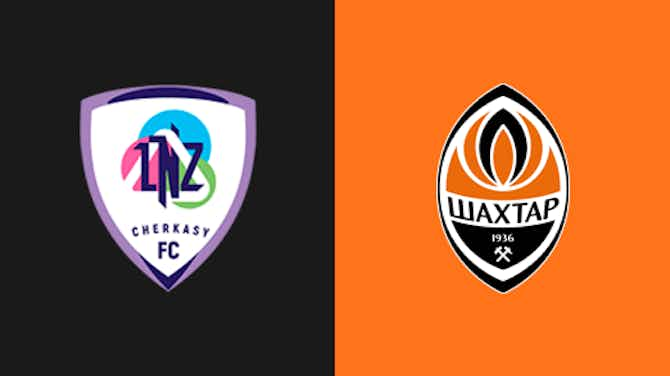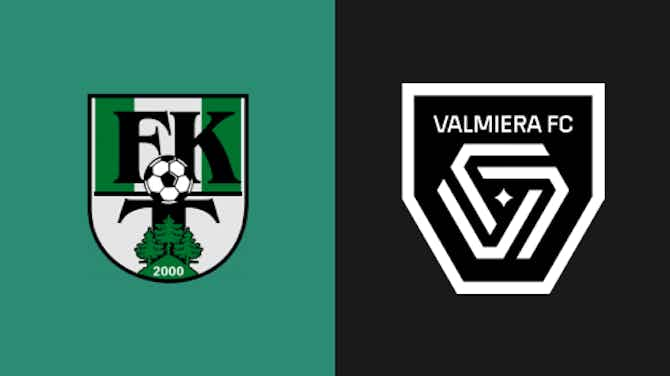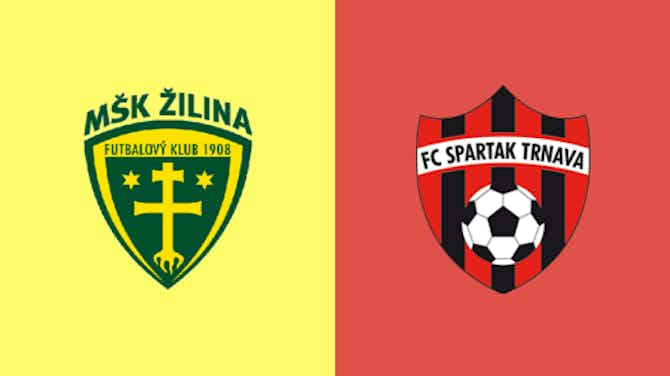OneFootball
Lewis Ambrose·4 February 2020
🐻 They have spent €115m but Hertha are still not a 'Big City Club'

OneFootball
Lewis Ambrose·4 February 2020

Hertha BSC have never been the most eye-catching club in the German capital. Berghain is much more interesting.
Even in the Bundesliga, Union Berlin have won the hearts of neutrals with their grassroots feel and honest rise from near-extinction.
But Hertha’s marketing team have the ability to make you stop and think.
Big bold statements, sometimes accepting their mediocrity, sometimes claiming they are on the journey to something bigger, adorn Berlin streets each season.
@Panthers may want to adopt @HerthaBSC s new motto... we try we fail we win... but we always support–
“We try. We fail. We win.”
Enough to raise a chuckle, a refreshing honesty about it, but not something fans enjoyed reading.
“Die Zukunft gehört Berlin.”
“The future belongs to Berlin.”
That sounds more like it, even if the blustering ambition seems a bit far-fetched.
The slogan for this season is less official but just as catchy.
“Big City Club.”
London, Madrid, Paris, Rome, Amsterdam, Lisbon. In Europe’s major leagues, Berlin is the only capital lacking a major football side.
The city is big enough and Hertha have a huge stadium, but the people of Berlin just aren’t enthused. The Olympiastadion is out of town, the team’s style has been dull for years and, looking in from the outside, there’s a real lack of charm, of charisma.
After Lars Windhorst bought 49.9% of the club (investors can’t buy more of German clubs, thanks to the 50+1 rule) in the summer, his ambitions were quickly laid out.
“Like other clubs in London or in Madrid, Hertha can become a ‘Big City Club’,” Windhorst declared.
He has also outlined his ambitions to make Hertha a club that “plays not just once, but regularly in Europe,” no matter how much investment that requires.
The German entrepreneur invested €225m in the club to acquire his shares but there will be more.
“We have not imposed any restrictions on investment,” he told Bild. “If necessary, we will also consider making additional funds available to achieve our goals.”
New head coach Ante Čović was handed forward Dodi Lukebakio for a club-record €20m fee; midfielder Eduard Löwen for €7m (who was then loaned to Augsburg); and Marius Wolf on loan with a €20m option to make the deal permanent.
It was a scattergun approach to sign players who were no real upgrade on what Hertha had. Mid-table signings for a mid-table club. And that’s how they looked on the pitch.
By the end of November, Čović had picked up 11 points from 12 Bundesliga games and was relieved of his duties.
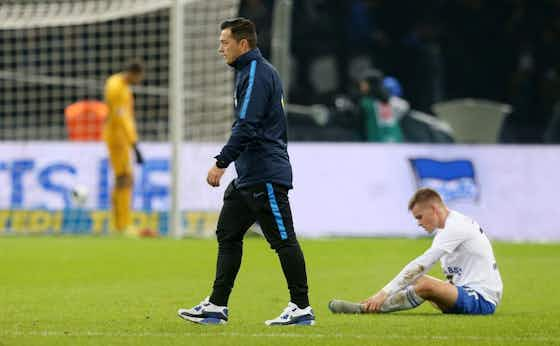
To add insult to injury, Hertha had also lost the first ever top flight derby against bitter rivals Union Berlin.
A big name, Jürgen Klinsmann, stepped in having previously been appointed to a role on an advisory board. More big names followed. At least in the newspapers.
Hertha wanted Mario Götze and Julian Weigl from Borussia Dortmund, but the former stayed put and the latter went to Benfica. They closed in on a deal to sign Granit Xhaka but the Swiss ultimately opted to remain at Arsenal after they replaced Unai Emery with Mikel Arteta.
Finally, in the last days of the transfer window, Krzysztof Piątek arrived from Milan and Lucas Tousart from Lyon (where he will remain on loan until the summer) for a mammoth combined €52m.

Santiago Ascacibar had already joined for €11m and a further €15m was spent on Matheus Cunha, a 20-year-old with just 274 Bundesliga minutes for RB Leipzig this season.
Those four players, and Lukebakio, are now Hertha’s five most expensive ever signings.
And for what? Piątek flopped in Milan; Ascacibar has potential but was relegated with Stuttgart last season; and Tousart doesn’t arrive until the summer.

Cunha’s young Bundesliga career has been fine, with flashes of excellence, but is the weight of this project really on the shoulders of an inexperienced 20-year-old with 11 Bundesliga starts (and two goals) to his name?
Lukebakio’s five Bundesliga goals make him the club’s top goalscorer so far this season but it’s a paltry return from a €20m signing and he has been far too inconsistent.
The results remain poor and the football remains turgid. Hertha have spent €115m and are no closer to Europe than they were before.
Germany international centre-back Niklas Stark ended January looking for a move having been strangely dropped by Klinsmann, who has preferred the inexperienced Jordan Torunarigha and the accident-prone Dedryck Boyata.
Klinsmann’s appointment was an odd one in itself; he’s a name, he’s charismatic, but his only spell as a Bundesliga coach was a failure and ended more than ten years ago. It was the sort of appointment made by a club with no interesting ideas, a club that thinks having financial muscle is enough.
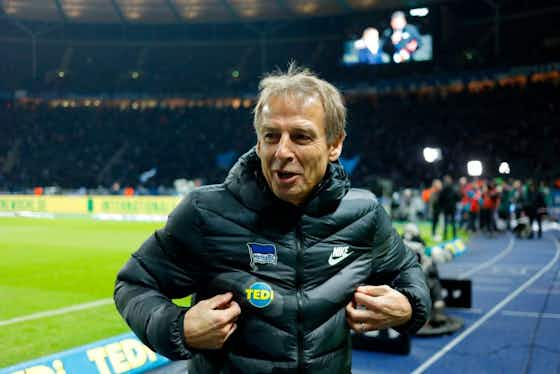
It isn’t and it won’t ever be in a league where Borussia Mönchengladbach are impressing under a talented coach plucked from the Austrian league. Where Bayern and Dortmund are still richer. Where RB Leipzig have a mixture of money and grey matter.
The only significant grey matter in the blue half of the capital remains the Olympiastadion, which is still half-empty and lifeless on most match days.
“We try. We fail. We win.”
Despite all the change, everything remains the same at Hertha BSC. For now.






